
We’ve Made an Exciting Discovery in Our NC State University Research Truffle Orchard!
2/5/2026 – The NC State University research truffle orchard, located on the Mountain Research Station in Waynesville, NC, was …



Extension and research at NC State address timely issues impacting our state. Extension delivers trusted information directly into the hands of farmers and agribusinesses, helping them translate knowledge into solutions that grow our economy and communities.
El inglés es el idioma de control de esta página. En la medida en que haya algún conflicto entre la traducción al inglés y la traducción, el inglés prevalece.
Al hacer clic en el enlace de traducción se activa un servicio de traducción gratuito para convertir la página al español. Al igual que con cualquier traducción por Internet, la conversión no es sensible al contexto y puede que no traduzca el texto en su significado original. NC State Extension no garantiza la exactitud del texto traducido. Por favor, tenga en cuenta que algunas aplicaciones y/o servicios pueden no funcionar como se espera cuando se traducen.
Inglês é o idioma de controle desta página. Na medida que haja algum conflito entre o texto original em Inglês e a tradução, o Inglês prevalece.
Ao clicar no link de tradução, um serviço gratuito de tradução será ativado para converter a página para o Português. Como em qualquer tradução pela internet, a conversão não é sensivel ao contexto e pode não ocorrer a tradução para o significado orginal. O serviço de Extensão da Carolina do Norte (NC State Extension) não garante a exatidão do texto traduzido. Por favor, observe que algumas funções ou serviços podem não funcionar como esperado após a tradução.
English is the controlling language of this page. To the extent there is any conflict between the English text and the translation, English controls.
Clicking on the translation link activates a free translation service to convert the page to Spanish. As with any Internet translation, the conversion is not context-sensitive and may not translate the text to its original meaning. NC State Extension does not guarantee the accuracy of the translated text. Please note that some applications and/or services may not function as expected when translated.
Collapse ▲
2/5/2026 – The NC State University research truffle orchard, located on the Mountain Research Station in Waynesville, NC, was …

Due to several inclusions of the word “shall” in recent N.C. statutory updates concerning Voluntary Agricultural Districts (VADs), counties …
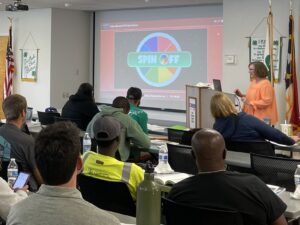
The spring 2026 Pesticide Safety Schools are for those seeking initial licensing in one or more pesticide subcategories. To register for …
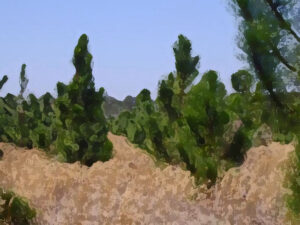
The first Forest and Rangeland Tax Conference organized by the US Forest Service and collaborators will be held at …

February 2026 is the Ninth Annual National Pesticide Safety Education Month! How knowledgeable are you about basic pesticide safety principles? Take our …

The Pittsboro Farmers’ Market Board is excited to announce that they are moving: The market has accepted a great opportunity to …

Hurricane preparedness and recovery efforts are as effective as the communication used to inform communities in potentially impacted areas …

The 2026 cycle of the Catalyzing Agroforestry Grant Program (CAGP) is open for applications! The 2026 Catalyzing Agroforestry Grant Program …

Join us online February 10th to hear the latest research updates on watermelon disease management and variety performance, to …

Join us to celebrate Earth Day at the Small Farm Unit at Cherry Research Farm in Goldsboro! Join us and …

Due to ongoing construction at the Cedar Grove Community Center, the 2026 Orange County Agricultural Summit has been relocated …

Your Land, Your Legacy is a free workshop designed for farmland owners, farmers, and families in Cleveland County who …
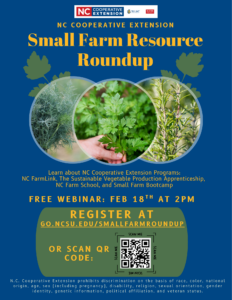
The growing season is just around the corner. Join N.C. Cooperative Extension for the Spring Small Farm Resource Roundup, a …

The Southeastern Vegetable Extension Workers Group has just released the 27th edition of the Southeastern U.S. Vegetable Crop Handbook. …

Join us for three regional Farm to School workshops hosting by your Extension Farm to School working group through the Local …

Research Opportunity for High School Students! Are your students interested in research and looking to collaborate with researchers in the …

Note: this workshop was originally scheduled for January 28 but was rescheduled due to the winter storm. A Guide to …
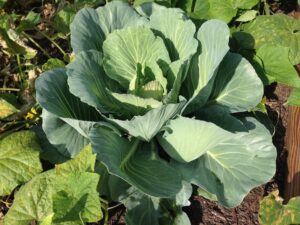
Dig Deeper With Us! Join us for free monthly talks on gardening. Orange County Public Library, Southern Campus (Drakeford Complex, Carrboro: Sunday, …
This guide provides home gardeners with instructions for growing strawberries, blueberries, brambles (blackberries and raspberries), …

An introduction to soil acidity and liming for farmers and gardeners to increase crop income …
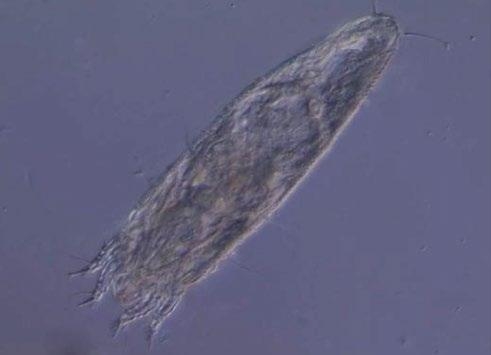
Blueberry bud mites (Acalitus vaccinii) are tiny, microscopic mites in the family Eriophyidae that can …

Participation in conservation practices and restrictions comes in various forms, from revocable-at-will, revocable with penalty, …

Sales Taxes are reportable on the sale of many goods and services. Such taxes also …
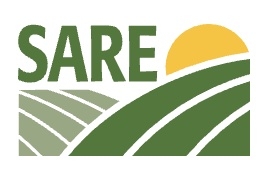
Though impossible to measure the incidence of neighbor complaints against farmers, North Carolina public policy …
This publication explains plant growth regulators for a variety of crops.